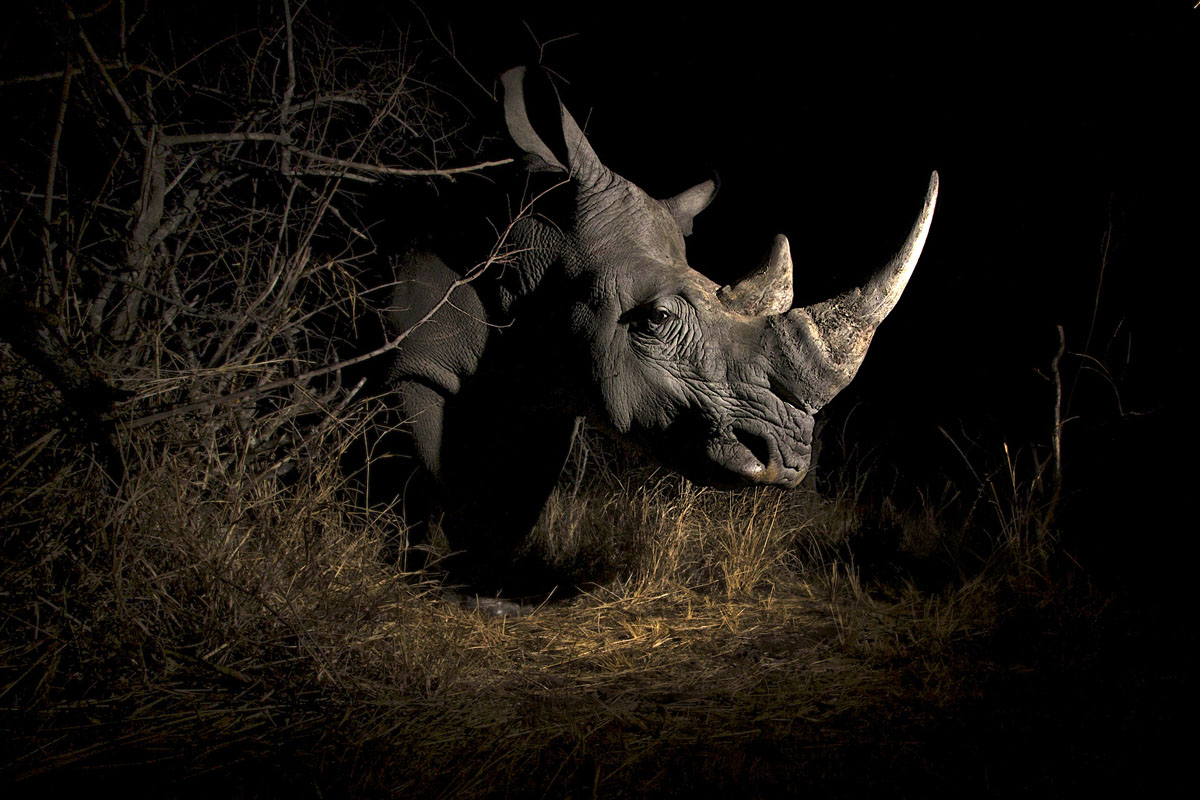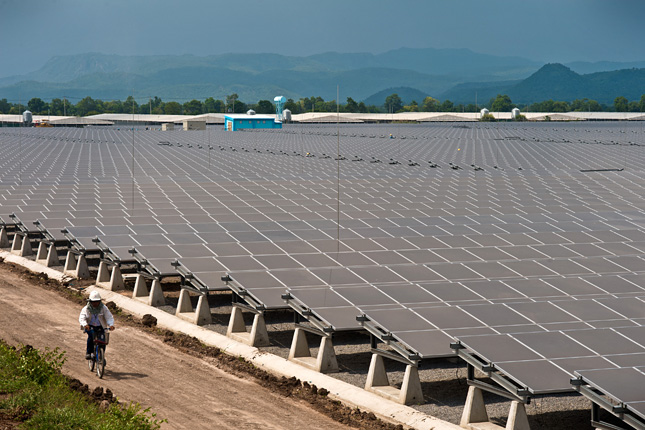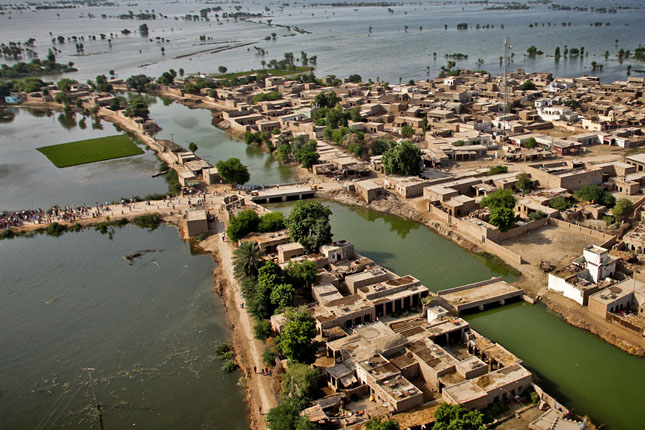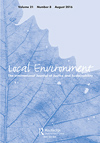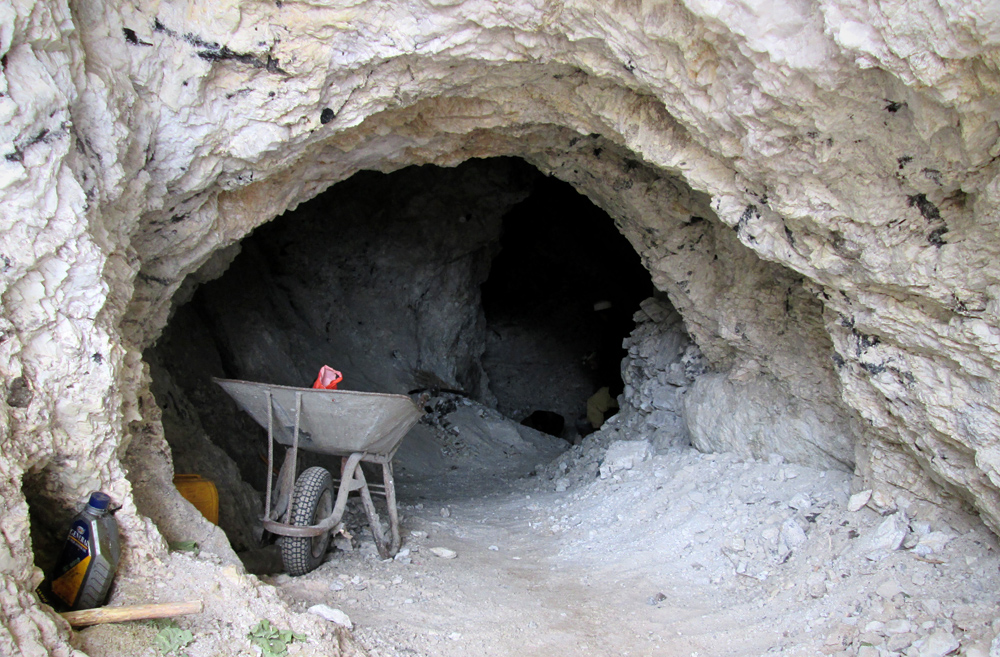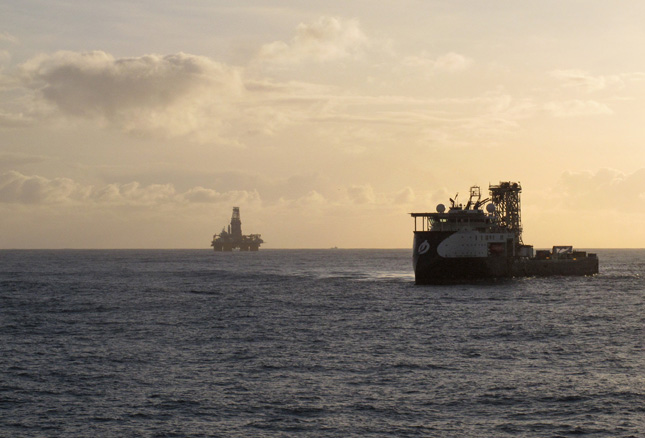-
Erika Bolstad, ClimateWire
Military Leaders Warn That Climate Poses Security Threats
›September 15, 2016 // By Wilson Center Staff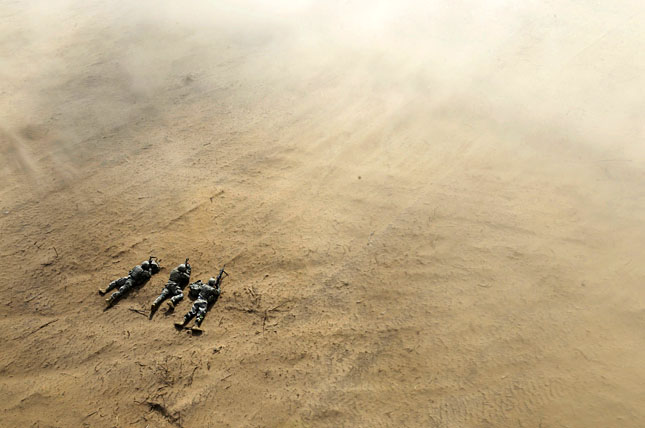
A bipartisan group of defense experts and former military leaders are calling on the next administration to consider climate change as a grave threat to national security.
-
Seeing Around the Corner: Contemporary Challenges for Foresight and Futures Analysis
›
Most citizens of democratic nations expect their governments to do their very best to make society more egalitarian, productive, adaptive, and resilient. To do so requires governments to track not just today’s headlines but grapple with long-term underlying trends, like globalization and demographic change. Governments must also make assumptions about the future course of these trends and examine how they might collide or build on one another.
-
Wild Laws: China and Its Role in Wildlife Trafficking
›China Environment Forum // From the Wilson Center // September 12, 2016 // By Evie Kirschke-Schwartz -
From Brown to Green: Three Scenarios for a Southeast Asian Regional Energy Grid
›
Southeast Asia is one of the fastest growing energy markets in the world. Regional demand for energy may grow by as much as 80 percent and electricity demand more than triple by 2040. To keep up, governments are working to expand coordination across borders and create a broader regional energy grid (indeed their efforts predate their northern neighbors’ recent announcement of a “supergrid” by several decades).
-
“Loss and Damage” and “Liability and Compensation” – What’s the Difference and Why Does It Matter?
›September 2, 2016 // By Cara Thuringer
When wildfires become unstoppable, consuming forests, farmlands, communities, and anything else in their path, how will those affected cope? When typhoons slam coastal populations, dumping over a foot of rain in a single event, who will be there to help mop up? When seas rise up, drowning centuries-old communities, where will the displaced go?
-
When Is Conflict Positive? And How Climate Change Might Exacerbate Ethnic Violence
› Conflict is typically viewed as a failure of social and political systems and almost never as a method of transforming dysfunctional or fractured societies into cohesive units. However, in an analysis of the discourse around climate change and conflict in Local Environment, Melissa Nursey-Bray concludes that conflict is a sometimes-necessary step in a complicated process to create stable societies. Nursey-Bray separates the climate-conflict discourse into two baskets: climate change as a security risk and climate change as one of many factors that contribute to insecurity.
Conflict is typically viewed as a failure of social and political systems and almost never as a method of transforming dysfunctional or fractured societies into cohesive units. However, in an analysis of the discourse around climate change and conflict in Local Environment, Melissa Nursey-Bray concludes that conflict is a sometimes-necessary step in a complicated process to create stable societies. Nursey-Bray separates the climate-conflict discourse into two baskets: climate change as a security risk and climate change as one of many factors that contribute to insecurity. -
How Lapis Lazuli Turned One Afghan Mining District to the Taliban
›August 25, 2016 // By Adrienne BoberIn the mountains of northern Afghanistan, between Pakistan and China, a region that has historically rejected the Taliban has become the group’s second-largest source of revenue. The twisting tale of Kuran wa Munjan reveals the challenges of extracting precious minerals in unstable and fragile states.
-
Deep Trouble: Emerging Resource Competition in the Deep Sea
›
It might seem strange to say that the deep sea, the vast expanse of the world’s oceans beyond the continental shelf, is at risk of conflict and competition. After all, no one lives there, and as is often said, more is known about the surface of the moon than most parts of the ocean floor. But the fact is, even the cold, dark reaches of the ocean are no longer immune to resource competition between the world’s major powers.
Showing posts from category foreign policy.



